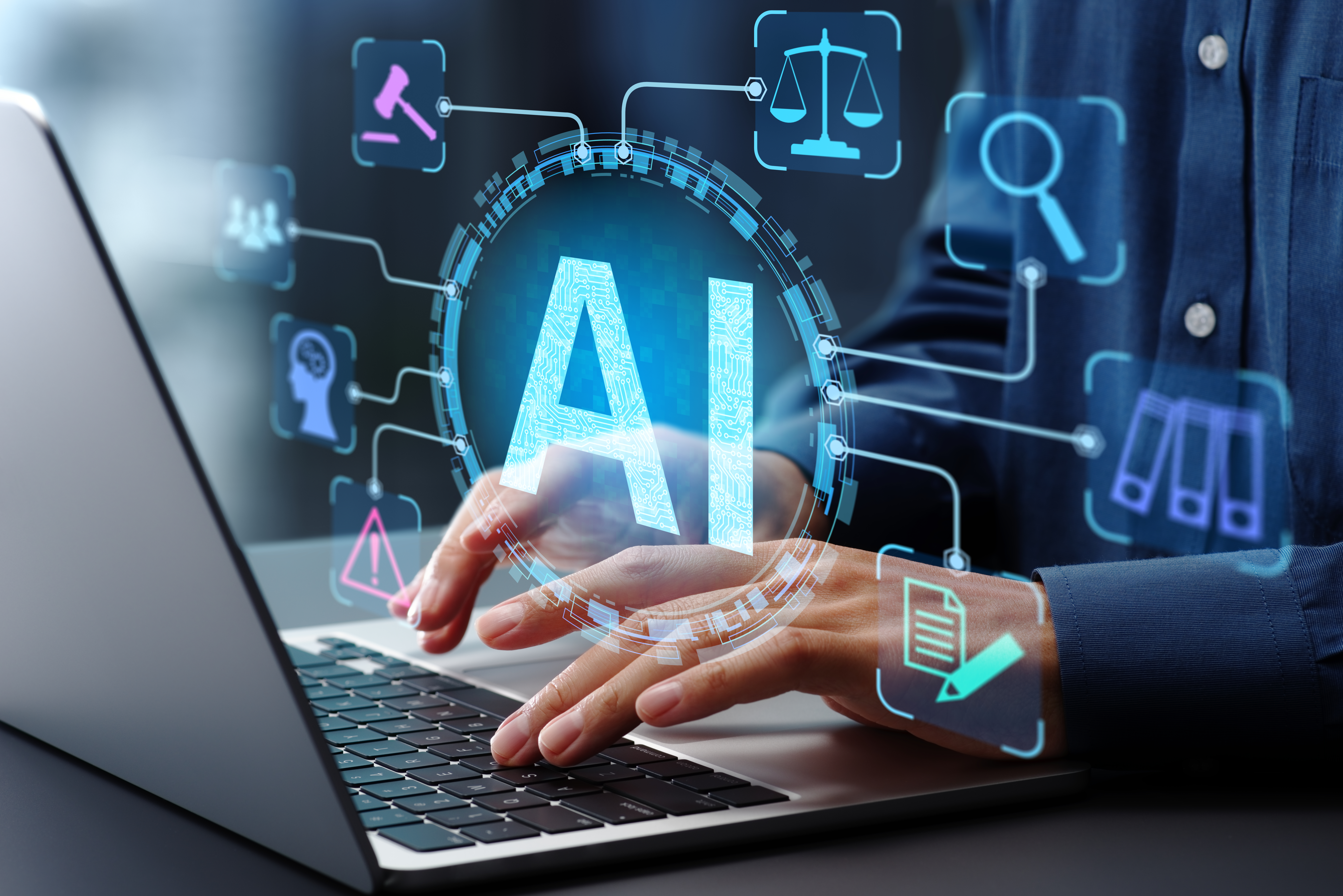Join Our Newsletter List
Never miss the latest strategies for protecting and growing your wealth.
Join our mailing list.
Actionable Insights From The Top Money Experts
We bring you the insights of the world’s top money experts and then connect you with like-minded, independent, trustworthy professional financials.
On February 18, 2026, Fusion Fuel announced what it called a “transformational agreement” to acquire...
In the first tranche of Japan’s $550B U.S. investment commitment under its recently negotiated trade...
Camino reported a standout drill intercept at its "Los Chapitos" copper project in Peru:83.5 metres ...
As U.S. and Iranian officials begin a second round of nuclear talks in Switzerland and a second U.S....
Options traders are leaning harder into upside exposure in precious-metals ETFs, with **call skews**...
On the latest corporate finance move to hit the base-metals space, Lundin Mining said it has receive...
The U.S. Trade Representative’s Office is focused on resolving complications from the Commerce Depar...
GE Vernova (GEV) has been rallying as investors tie its power-and-grid exposure directly to the “AI ...

-3.jpg)


-Feb-18-2026-03-12-20-1566-AM.jpg)




-Feb-13-2026-11-44-12-8700-PM.jpg)


.jpg)